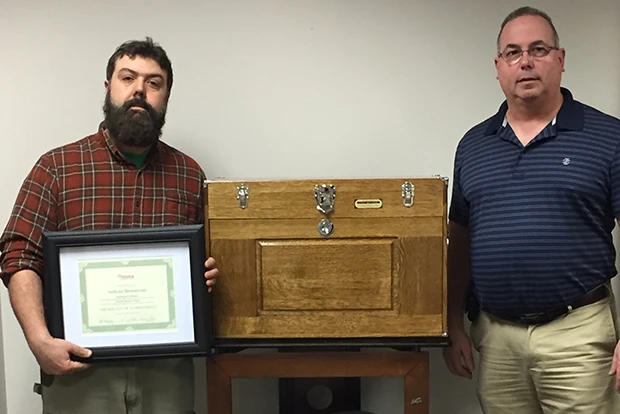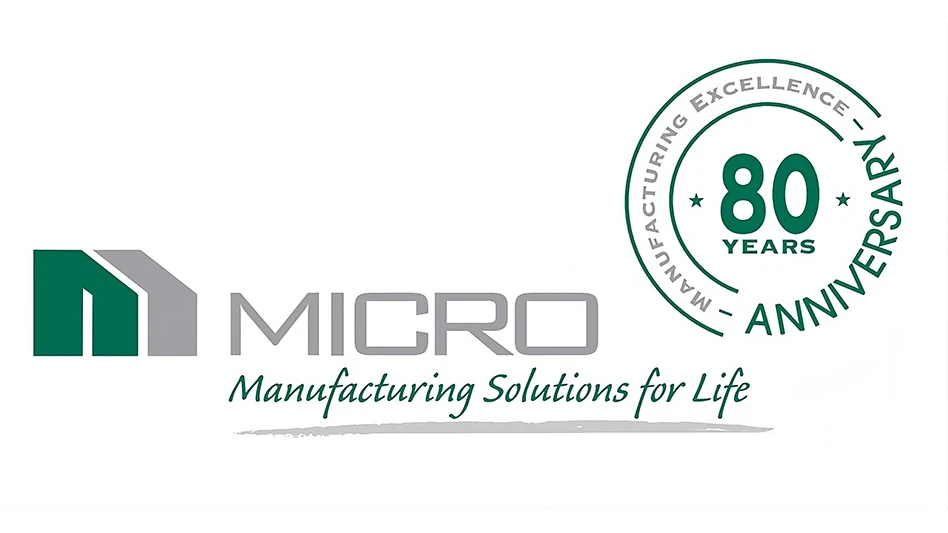
While Massachusetts sees a shortage of employees for advanced manufacturing jobs, Tegra Medical is creating its own skilled workforce with its Toolmaker Apprentice Program.
Advanced manufacturing combines information technology with advanced machinery, and requires highly-skilled employees. The four-year program, which has been implemented in Tegra Medical’s Franklin, Massachusetts, location and may be extended to other locations, accepts two students who are required to enroll in engineering programs at local colleges. The company pays their tuition and a salary, then promotes them to journeyman toolmaker positions when they graduate.
Apprentices spend 40 hours a week in Tegra Medical’s GENESIS Tech Center (GTC), which is devoted to prototyping and product development. They learn all aspects of machining including how to plan a machining job, programming the machines, and doing CAD drawing and solid modeling. At least 95% of the apprentices’ time at Tegra Medical is spent on the job. They juggle these responsibilities with their college course load.
“We put apprentices right into the thick of things at our GTC,” says Brian Rua, Director of Support Services and the apprentice program manager. “Here, the apprentices are exposed to every kind of machining we do. They’re working on real projects, and learning from all the engineers, toolmakers, maintenance, quality and program managers who are refining customers’ medical device designs and figuring out the most efficient ways to manufacture them.”
Tegra Medical is unusual in having this apprentice program. This makes it a popular choice for students graduating from local vocational high schools.
“It’s a great way to help a young person find his niche,” Rua says. “We had one apprentice who was so ‘green’ when he started that he hardly knew what any of the machines were for. Today he is excelling in the program. With what he has learned here combined with a self-starter attitude, he can now take a project from start to finish with minimal help. He is working on some of the most advanced systems in the shop and has done research and presented suggestions for new equipment upgrades and more.”
The first graduate of the apprentice program, Antonio Bettencourt, received his certificate in April. He was also presented with a beautiful oak Gerstner tool chest with felt-lined compartments to protect his tools for years to come. The second graduate, Nick Voyer, is due to complete the program in July.
Latest from Today's Medical Developments
- Surface Roughness, Texture, and Tribology Short Course
- There’s still time to register for our January 22 additive manufacturing webinar!
- EMO: Made for game changers
- Thomson’s encoder options for stepper motor linear actuator online selection tool
- BD boosts US manufacturing of critical medical devices
- Aerotech’s HexGen HEX150-125HL miniature hexapod
- World-leading medical device supplier via a new merger
- Edge Technologies' FMB Turbo 3-38 RS bar feeder





